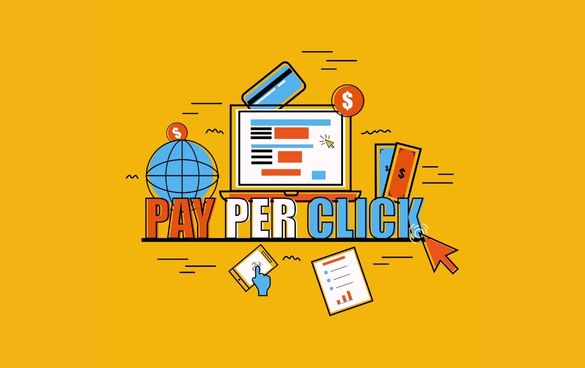Paid media is a powerful tool in the ever-changing world of digital marketing that can increase online exposure and drive targeted visitors. Pay-per-click (PPC) advertising stands out among its many features as a key tactic that allows companies to boost their online visibility and get instant results. This essay explores the complexities of PPC management and how important it is to achieving success with SEO.
The PPC Management Core
Pay-per-click advertising campaign optimization and strategic oversight are combined into the management of PPC. PPC gives companies the ability to bid on keywords pertinent to their target market and only have to pay when users click on their advertisements. Maximizing return on investment (ROI) and accomplishing campaign goals requires careful keyword research, ad production, bid optimization, and performance tracking—all components of effective paid search management.
Improving Relevance of Keywords
The selection of pertinent keywords that match the search intent of the target audience is essential to PPC management. Through thorough keyword research, companies may find high-value terms with little competition and a large search volume. Additionally, using negative keywords and long-tail keywords improves ad relevancy, reduces irrelevant clicks, and refines targeting, all of which increase campaign performance and SEO alignment.
Creating Eye-Catching Ad Text
The caliber and pertinence of advertising copy determine how successful PPC campaigns are. Persuading advertisement language draws in prospective clients and encourages them to visit the website. Relevant keyword integration improves ad relevance and raises the possibility of drawing in qualified clicks from display URLs, headlines, and descriptions.
Methodical Bid Administration
Since bid management directly affects ad placement and visibility, it is the primary component of pay-per-click optimization. To maximize return on investment and keep advertising expenses under control, bid modifications must be strategically made depending on variables including keyword performance, ad position, and target audience behavior. By putting bid methods like bid modifiers, automated bidding, and manual bidding into practice, marketers may optimize PPC campaigns for improved SEO synergy by monitoring campaign performance and budget allocation.
Monitoring and Enhancing Performance
Finding trends, opportunities, and areas for improvement in PPC campaign effectiveness requires ongoing monitoring and analysis. Marketers can monitor key performance indicators (KPIs), including click-through rate, conversion rate, cost-per-click, and return on ad spend, by using analytics tools and performance metrics. Marketers may optimize ad campaigns, fine-tune targeting, and modify bidding tactics in real-time to maximize return on investment and match PPC efforts with more general SEO goals by utilizing data insights.
To sum up, PPC management is a vital tactic for increasing SEO success in the digital sphere and directing focused visitors. Businesses may maximize the potential of their PPC campaigns by emphasizing keyword relevance, creating captivating ad copy, utilizing ad extensions, putting strategic bid management into practice, and giving performance tracking and optimization priority. When PPC advertising is carefully managed and optimized, it may be an effective tool for accomplishing SEO goals and promoting long-term web growth. Businesses can fully utilize PPC advertising by emphasizing keyword relevance, creating effective ad copy, utilizing ad extensions, putting strategic bid management into practice, and placing a high priority on performance tracking and optimization. When PPC is carefully managed and optimized, it may be a powerful tool for accomplishing SEO goals and promoting long-term web traffic.

